After Dad’s Funeral, My Sister Claimed That She Inherited The $200M & I Got A 90 Square Feet Shed—But What I Found In The Shed Made Her Regret Her Decision
After my father’s funeral, my sister shockingly claimed she had inherited his $200M fortune while I was left with nothing but a 90 square feet shed. When I got the key and opened the door of the shed, what I found surprised me and made my sister regret her decision.
My name is Kate. Five years ago, when I was 37, I got married. On that happy day, my dad and I made a special promise: I would be the first to tell him if I was expecting. Sadly, that’s a promise I will never be able to keep because a few weeks ago, my dad passed away after he struggled with his health for a long time. And it’s the biggest regret I have about my dad.
His illness was discovered a year ago, and since then, I did everything I could to be there for him. I visited our childhood home more often, spent many hours at the hospital with my mom, and made sure to call or video chat even more. Despite all this, I sometimes wonder if it was enough.
I’d often think to myself, “Could I have done more?” Lost in thought, I whispered these words.
My mom, always supportive, comforted me, saying, “Kate, you did everything you could. Your dad knew that, and he was proud.”
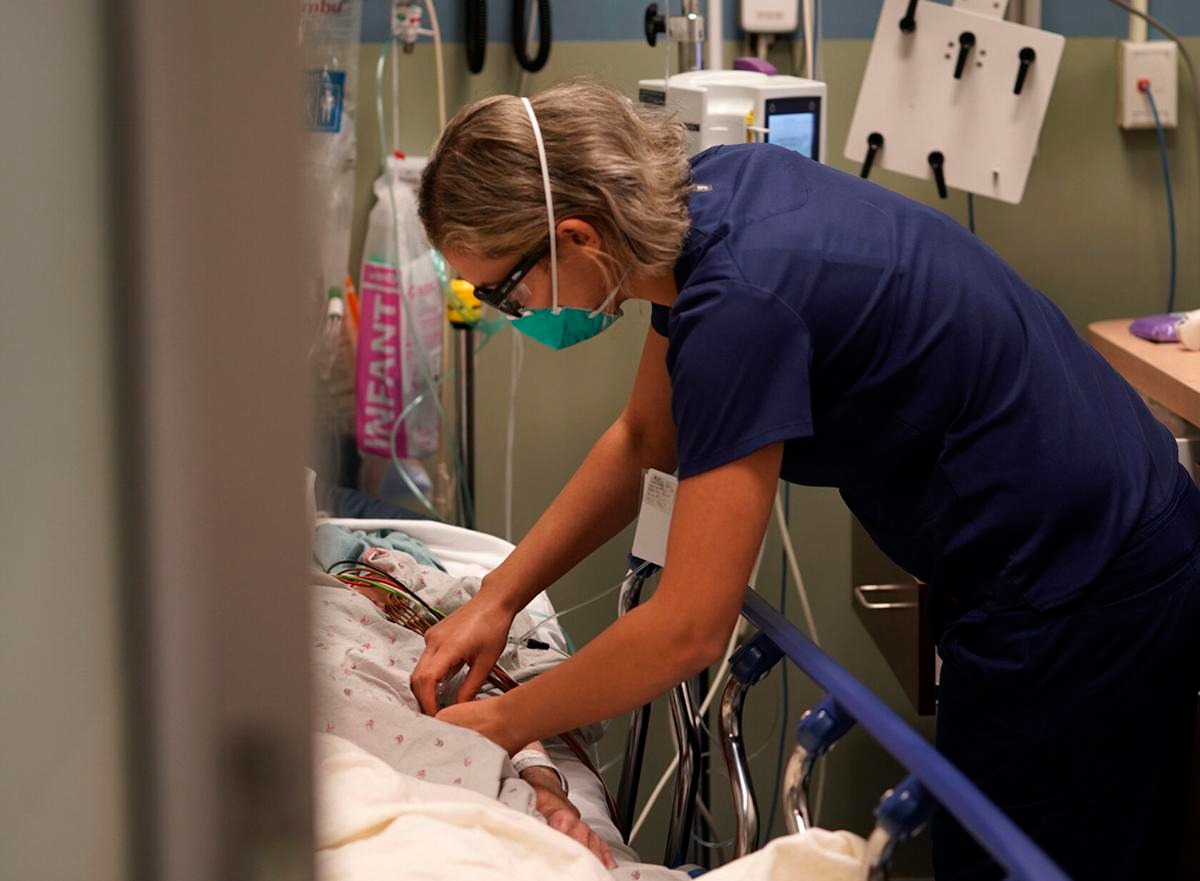
Just then, my sister, Justina, walked in with a man who looked to be about 45—probably the lawyer. “This is Tillman, the attorney,” she introduced him. My mom quickly offered him a seat.
As soon as we all sat down, Justina couldn’t hold back and mentioned that the lawyer said Dad left us a significant inheritance.
I couldn’t help but respond, “Justina, you know it’s not all yours.” That comment instantly changed the mood.
My sister and I have always had a rocky relationship, made worse by our dad’s illness. Her refusal to visit our dad, even though I tried to bring them closer, didn’t help. Her attitude has always been a problem, and it became even more noticeable during these difficult times.
Looking back, my words to her might have been too harsh, driven by my worry for our father. However, her response didn’t make things better.
“You’re an adult; there’s no need to be so stubborn,” I pointed out.
She snapped back, “I’m not being stubborn. Living in the city and traveling to the countryside isn’t as simple as you think.”
“It’s just a five-hour drive,” I responded.
She argued, “Those five hours aren’t just about time. It costs money, and yes, money is important to me. I’m busy, so stop bothering me.”
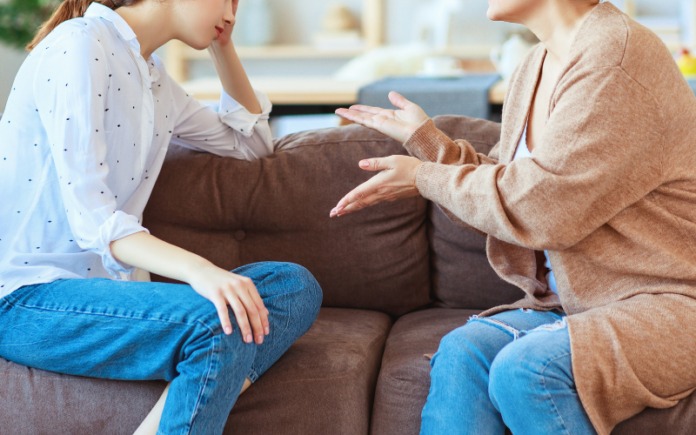
That ended our conversation. Despite the distance, I always thought she could make an effort to visit now and then. This belief was a big reason why our relationship started to fall apart. In the end, she never visited our father, and the distance between us only grew.
The tension in the room increased until the lawyer stepped in and suggested we all take a moment to calm down. I apologized, saying, “I’m sorry,” which seemed to make things a bit better.
The lawyer then explained, “As I mentioned over the phone, I’m here about your father’s will.”
My mother, looking confused, asked quietly, “When was this arranged?”
The lawyer replied, “A few weeks before he passed. Your father reached out to me.”
My mother asked, “He asked you to come to the hospital?”
The lawyer answered, “Yes. I drafted the will there with him, and his primary doctor was there too. It was arranged that the doctor would notify me after your father passed, which is why I contacted you now.”
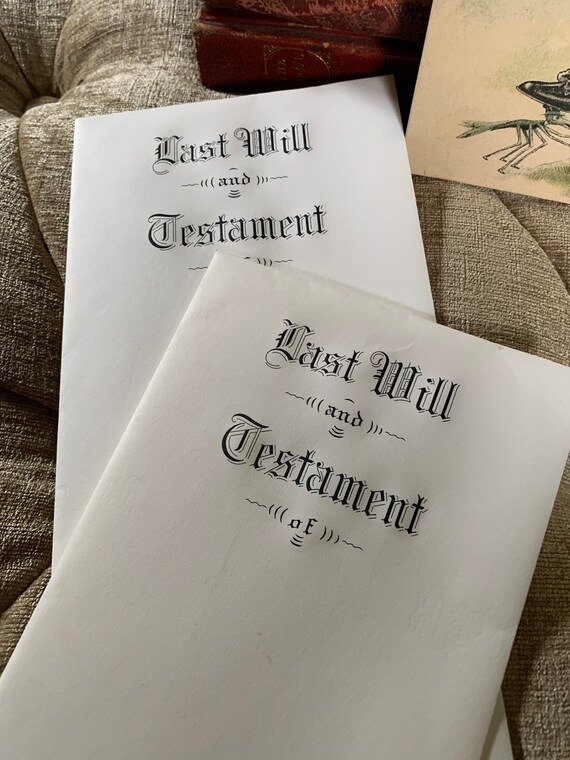
The lawyer then took out a white envelope and placed it in front of us. Recognizing my father’s handwriting on the envelope, I whispered, “That’s definitely Dad’s handwriting.”
Justina, visibly impatient, demanded, “Just get on with it! What does it say? You know I’m busy.”
The lawyer, with a slight smile, opened the envelope. Inside, there was a single piece of paper outlining the inheritance: the house, some land, some savings, and a storage shed.
We knew about the house and the land, but the mention of a storage shed was new to me. Justina, frustrated, turned to the lawyer and asked, “Wait, what about the farm?”
The lawyer echoed, a bit surprised, “Yes, the farm?”
I explained, “Our father used to work on it as a hobby. He had run a successful business in a nearby town but decided to slow down after turning 55, thinking about closing the company to spend more time on his hobbies, including the farm.”
This new mention of the farm added another layer to our father’s legacy and what he left behind.
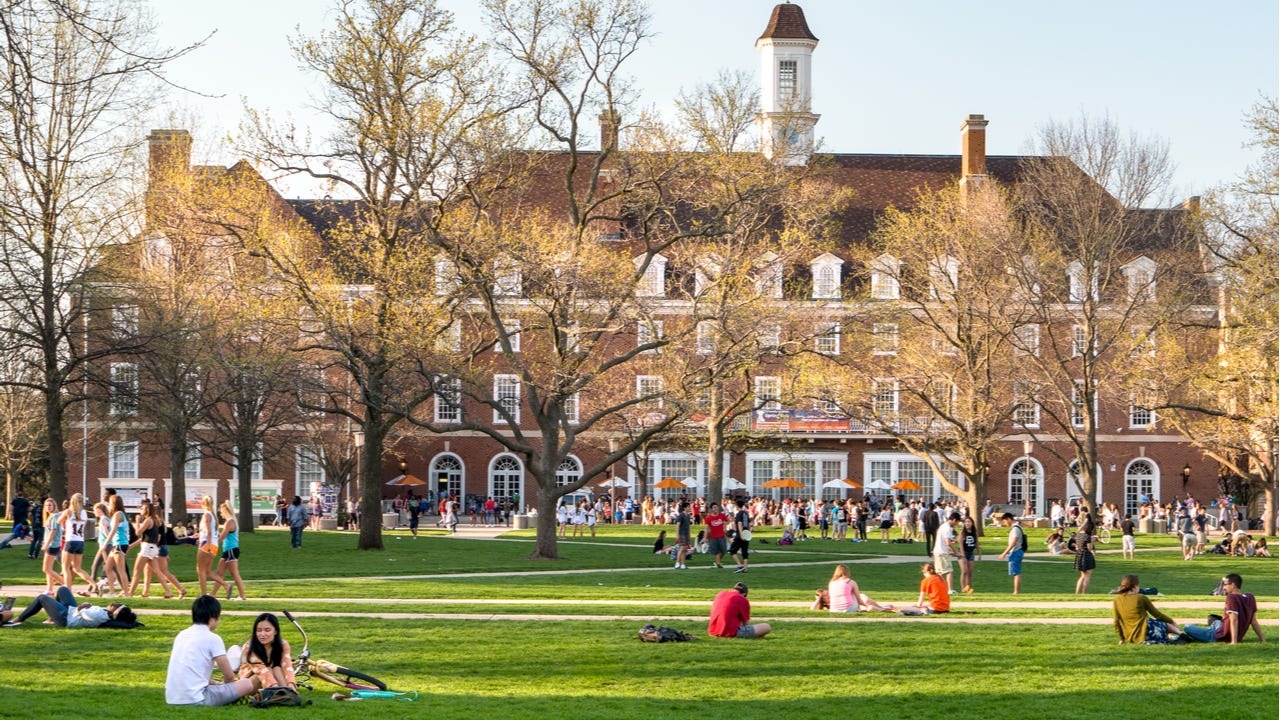
During my high school years, I remember saying that I wanted to take life a bit slower. My sister, who was in college at the time, didn’t agree with this more relaxed approach. However, both my mom and I, worried about my dad’s health, supported the idea.
“Don’t worry about money, Justina. We’ve got plenty of savings,” my dad reassured her. Though hesitant, she eventually agreed.
After that conversation, my dad wound down his business and started farming close to our home. “There’s something fulfilling about working with the land,” he would say, his face lighting up with joy. Seeing how happy he was made me feel that we had made the right choice, though Justina seemed less convinced.
Despite promising to come back home after graduation, Justina chose to build her career near her university. Eventually, she married the CEO of an IT firm she met through her job. That’s how things stood when my father took up farming—until his health started to decline.
Justina insisted that the farm be included in the inheritance. At her insistence, the lawyer checked the documents and found that the farm was actually leased land. I had mistakenly thought we owned a large piece of land. Justina seemed disappointed by this discovery, but knowing little about farming ourselves, I felt it might be for the best.

The discussion then turned to how the inheritance would be divided. “The house and the surrounding land will go to the wife,” the lawyer said. Justina smirked, probably thinking about how the remaining assets would be split.
“The rest, including the savings and the storage shed, should be divided between you three,” the lawyer suggested.
“Savings? That means cash, right? I’ll take that,” Justina said, focusing on the money.
“The total savings amount to approximately $300,000, and this sum is not subject to inheritance tax,” the lawyer informed us.
“I want the $300,000 in cash,” Justina declared, feeling like she had won.
This didn’t sit well with me, and I spoke up. “Hold on, I don’t agree. Why should you get all the cash?” I protested.
“Because I’m the eldest,” she argued, as if that settled it. “Fine, you can have the storage shed. What’s that even worth, anyway?” she added dismissively, turning back to the lawyer for more details.
“It’s the shed next to the farm. Whoever inherits it will own the structure, the land it’s on, and anything inside it,” the lawyer explained.

Suddenly, Justina’s attitude changed when she heard there was additional land. It struck me as odd that, even though she was married to a successful CEO, her desire for more seemed never-ending.
As the lawyer explained more about the storage shed, he mentioned it came with a small piece of land, about 90 square feet—roughly the size of a small bedroom. He then laid out some photos of the shed for us to see, showing both the outside and inside.
The shed looked quite rundown from the outside, and inside, it only had simple gardening tools like hoses, scissors, and shovels—nothing that seemed particularly valuable. Justina made a face of disgust when she saw the photos.
“I don’t want this,” she said, looking closely at the images. They really just showed everyday items, more valuable for their memories than for money. “Fine, you take the cash. I want nothing to do with that old shed,” she said, clearly wanting to distance herself from what she saw as a worthless inheritance.
“Hold on, that seems unfair,” I protested, realizing how uneven the division was.
My sister quickly agreed to take the cash, knowing it was the more valuable option, leaving me with what she saw as worthless. Her insistence made me feel trapped, especially when my mother said, “As long as Justina doesn’t complain…”
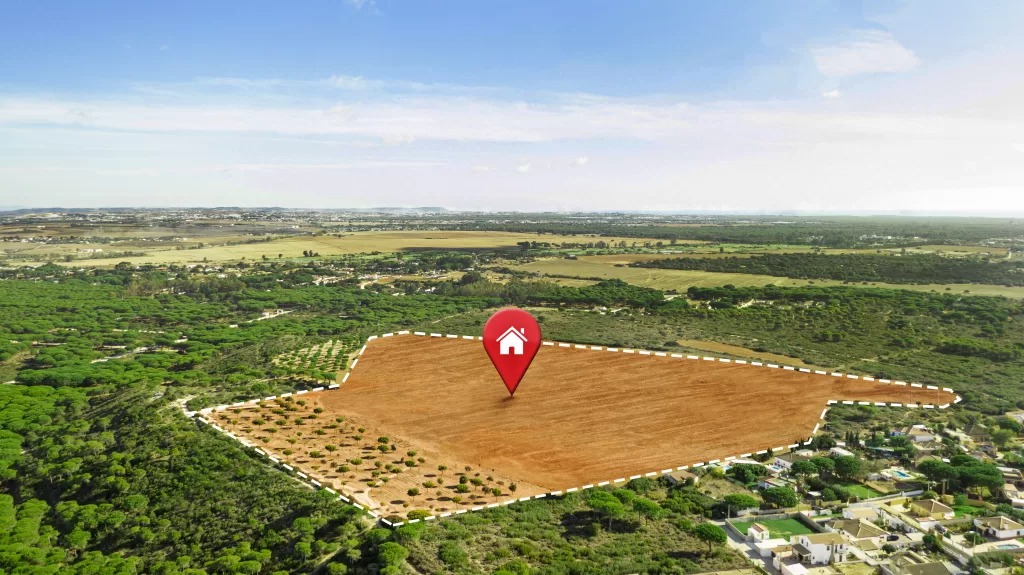
Later, I saw no problem with this arrangement. “Complain? Why would I?” Justina quickly agreed, satisfied with getting the cash and leaving me with the shed.
I couldn’t hide my disappointment, but before I could argue further, Justina dismissed my concerns, accusing me of being too sentimental. “You care more about our father than money, right?” she challenged, leaving me momentarily speechless.
It’s true that family should be valued over money, but her quick decision left me feeling unsettled. In the end, my mother inherited the house and land. Justina happily took all of Dad’s savings, and I was left with the neglected shed.
After agreeing to the division, Justina even signed a document promising not to dispute how the inheritance was split, laughing confidently as she did so. I couldn’t contain my frustration and later expressed my disappointment to my mother.
“Why didn’t you support me?” I asked, feeling let down.
My mother insisted she had helped, claiming that her involvement ensured I got the shed.
“But I’m not happy with just the shed,” I argued, unable to see its value.
“You might find something unexpectedly wonderful if you give it a chance,” my mom suggested, trying to be optimistic. Despite my frustrations, her words sparked a faint glimmer of hope. Maybe there was more to the shed than it seemed—a thought that left me wondering.

I tried to make sense of the day’s events. After getting the key from the lawyer, I headed to the field about 15 minutes away from our house. The path was quiet and rarely used, adding to the peaceful yet somber atmosphere.
The field, which my father had leased until he recently went into the hospital, was now empty, giving the place an untouched and solemn feeling. When I unlocked the shed, I was greeted by a thick layer of dust, showing how long it had been neglected.
“Wow, it’s really dusty,” I said, noticing the heavy scent of disuse in the air. Even though I felt a bit disappointed at first, I still hoped to find something special of my father’s—maybe a keepsake hidden inside.
As I looked around the shed, it quickly became clear that it was just a simple space filled with farming tools. These items might have held sentimental value, but they didn’t seem particularly special at first glance.
I thought to myself, Maybe I should just take what’s inside for now. As I scanned the dim and cluttered surroundings, I noticed something odd about the shed’s size. It seemed smaller on the inside than it did from the outside, which puzzled me.
Was it a trick of the light? Or was my mind playing tricks on me? I stepped outside to get a better look, still curious about the strange difference. Driven by curiosity, I decided to explore the outside of the shed further.
As I walked around to the back of the shed, hidden among a dense group of trees, I found a second door. “Wait, another entrance?” I gasped.
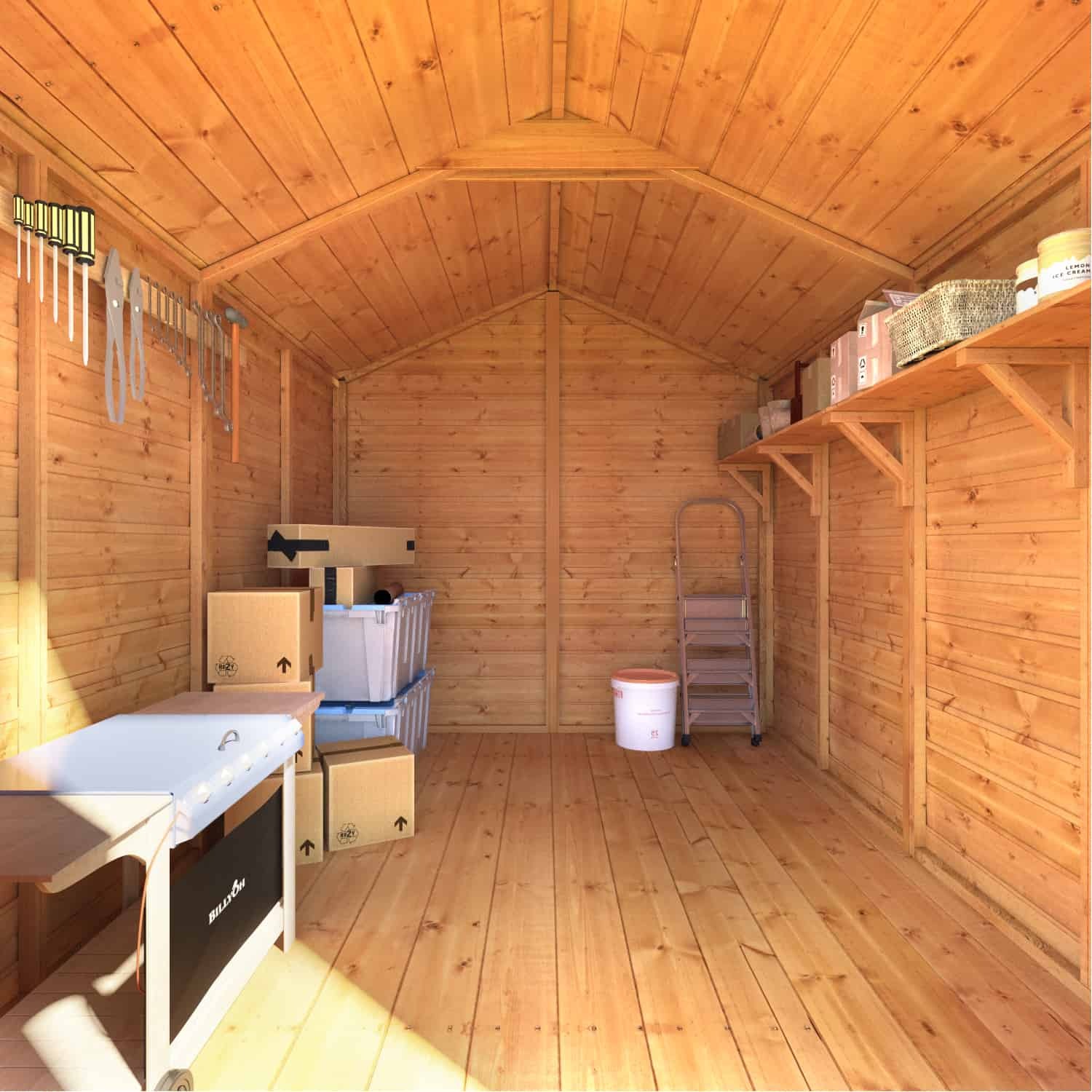
From inside the shed, there had been no sign of this door. It looked like there was only one way in and out. This discovery hinted at a hidden space only accessible from this secret back door. A surge of excitement rushed through me. Could this be one of Dad’s secrets? He loved surprising us, always finding joy in the unexpected—like the surprises he planned for my birthdays. The memories brought tears to my eyes.
Determined to uncover what lay beyond, I re-entered the shed to find the key to this hidden door. After a thorough search, I found four keys cleverly hidden inside the handle of a shovel. Excited, I rushed to the back door and tried one of the keys. With a satisfying click, the door swung open.
Inside this small hidden space stood a large safe, alone and imposing. “Is this from Dad’s company?” I wondered aloud as a flood of questions filled my mind.
What secrets did it hold? Was this my father’s way of leaving a final piece of himself behind? The discovery felt like a personal treasure hunt he had left for me to explore.
I immediately recognized the safe as the one that used to sit in the corner of my father’s office—a familiar sight from my childhood. Seeing it brought a wave of nostalgia. This safe was a real connection to my father, making the inheritance feel even more meaningful. Knowing my dad, this felt like just the beginning of his final surprises for me.
“There’s got to be more,” I whispered to myself as I used the third key to unlock the safe. The door creaked open, revealing contents that left me completely amazed. This unexpected legacy was more than I had ever imagined.
Realizing how important this discovery was, I quickly secured the safe and went to tell my mother. Later, with my husband’s help, we moved the safe to my parents’ home. It occurred to me that these valuable items—likely part of my inheritance—might have tax implications. Wanting to handle this properly, I decided to seek legal advice.
Following the lawyer’s suggestion, I contacted a certified public accountant (CPA) recommended by a friend to help navigate the possible tax issues. This professional took care of the complicated details, ensuring everything was in order.
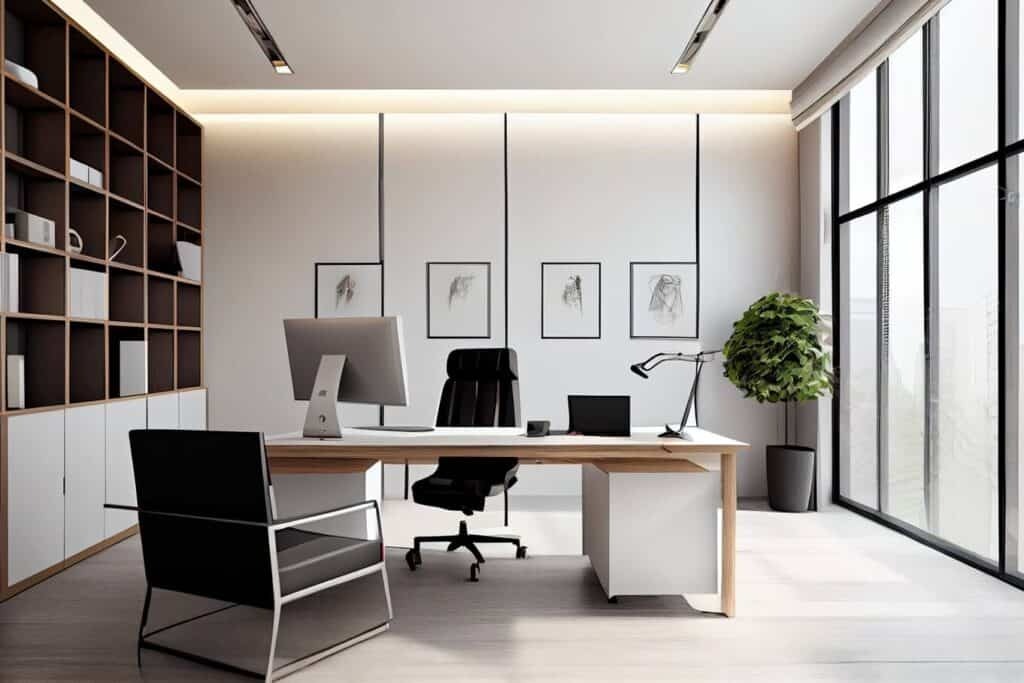
A year passed as we dealt with these matters when, unexpectedly, my sister showed up at my home. Her visit was surprising, especially considering our strained relationship over the inheritance.
“I was just in the area,” she claimed.
However, her uneasy behavior and the fact that we lived 20 minutes apart made her visit seem less than casual. Despite our complicated history, I invited her in.
After serving coffee, she seemed restless and finally asked, “Did you win the lottery or something?”
Her question puzzled me. I never played the lottery, and it wasn’t the time for my husband’s holiday bonus.
“What are you getting at?” I asked, trying to understand her point.
Her mood suddenly shifted to irritation. “Are you making fun of me?” she accused.
Her reaction confused me even more. Her questions seemed completely unexpected. I had no idea what made her think I had come into a lot of money, especially since only my family knew about the mysterious contents of the safe.
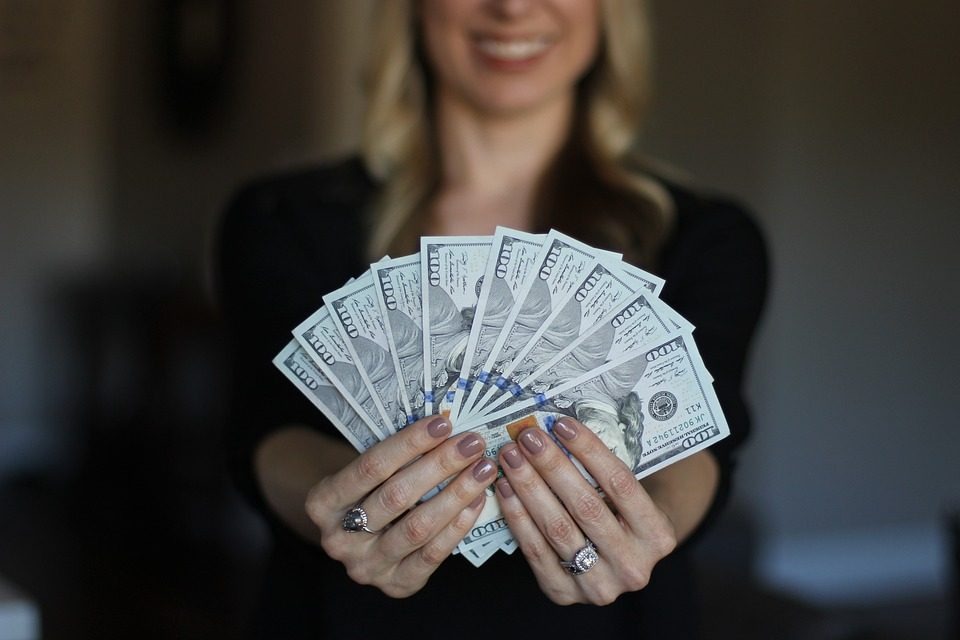
My sister, filled with curiosity about money, insisted that I must have received a significant amount. She told me about a recent conversation with our aunt in the city, who unknowingly sparked her curiosity. Our aunt mentioned receiving a $5,000 gift card from me as a thank-you for visiting our father during his illness. This gesture led my sister to wildly speculate that I had stumbled upon some unexpected fortune.
“You’ve come into some money, haven’t you? Just admit it,” she pressed, looking for answers.
Understanding what had led to her questions, I sighed, which only irritated her more.
“What’s with the attitude? Are you making fun of me?” she demanded.
I tried to explain that it was just a gesture of appreciation, but she questioned where the money for such gifts came from. I reminded her of the inheritance—specifically the dusty shed she had dismissed. Then, I revealed the discovery of the safe inside it—a real treasure trove left by our father.
The safe contained a collection of valuable watches, a passion of our father’s. Although I wasn’t sure of their exact worth, it was clear they were valuable, especially considering the modest savings left behind. This revelation led to a discussion about the possibility of having to pay inheritance tax—a concern my mother had raised when she learned what was inside the safe.
“What should I do, Mom?” I asked, seeking her advice.
My mother suggested handling everything openly and honestly, reminding me that secrets like these usually come to light eventually. Following her advice, I contacted the lawyer we had previously consulted.

The lawyer explained that the value of inherited items determines whether inheritance tax applies. This prompted me to take the responsible step of accurately declaring the inheritance and ensuring I complied with all legal and financial requirements.
By seeking professional advice, I found out that a certified public accountant (CPA) could help manage the valuation and tax obligations of the inherited watches. Trusting the CPA with this task, we discovered that the collection was worth an incredible half a million dollars.
Because of their high value, it was clear that inheritance tax needed to be paid. The sensible advice was to keep only the watches that held sentimental value to me and sell the others to someone who could appreciate and afford them. This approach not only made financial sense but also felt right emotionally.
From the money made from the sale, I was able to cover the inheritance tax and send gift cards to relatives who supported us during my father’s illness. This act of gratitude is what had sparked my sister’s curiosity.
Among the keepsakes I chose to keep was my father’s pocket watch. It wasn’t worth much in terms of money, but it was rich in memories. I shared this story with my sister, showing her the pocket watch and trying to explain its sentimental value.
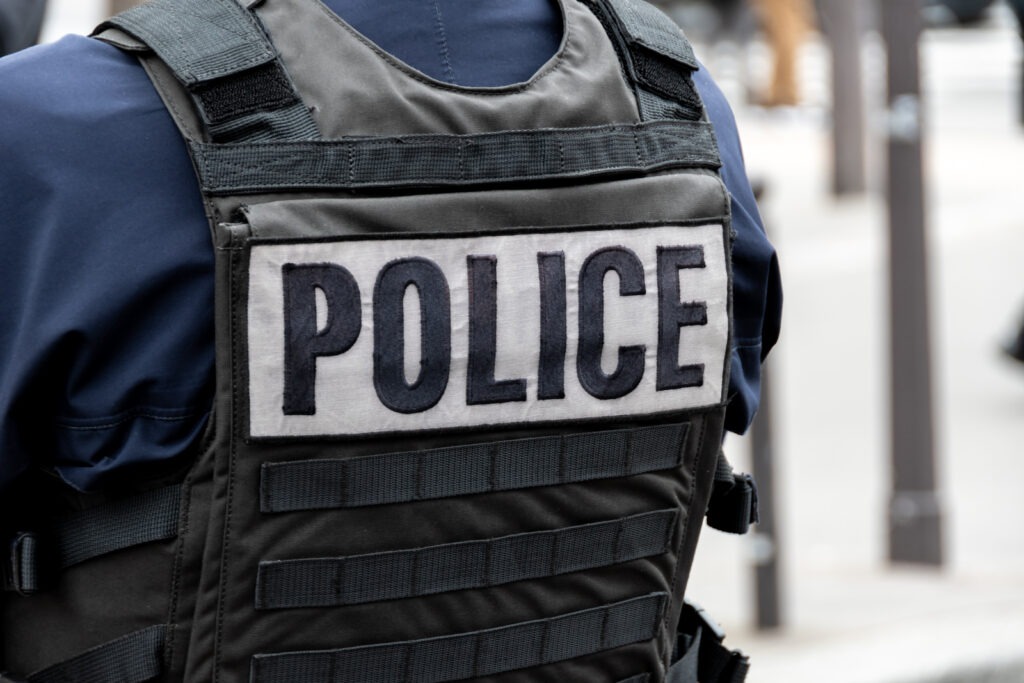
However, her reaction was lukewarm. She seemed more interested in what was sold than what was kept. When she asked about the remaining watches and the safe, I told her it was now at our mother’s house and explained its size and importance to our father’s business.
Her response was thoughtful, which left me feeling uneasy about her intentions. However, she left without asking any more questions, much to my relief. Still, I couldn’t shake off an unsettling sense of worry.
My fears were somewhat confirmed that very night when I received a distressing call from my mother, urging my husband and me to come to her house quickly.
As we approached, the scene was alarming. Red lights flashed in the darkness, police cars were stationed outside. Pushing through the gathering crowd, I found my mother and learned what had happened.
She had been getting ready for bed when she heard strange noises that startled her. It sounded like someone was frantically searching through the house. With no one else home to help, my mother made a quick decision to escape through a window, driven by fear and desperation.
Her description of the situation was unnerving, painting a picture of a night filled with panic and uncertainty under the cover of darkness.
My mother had noticed the eerie glow of a flashlight moving inside the house, confirming her fears of a burglary. In a state of panic, she made her escape and sought help from our neighbor. After seeing the suspicious activity, the neighbor quickly called the police, convinced that a burglar was in the house.
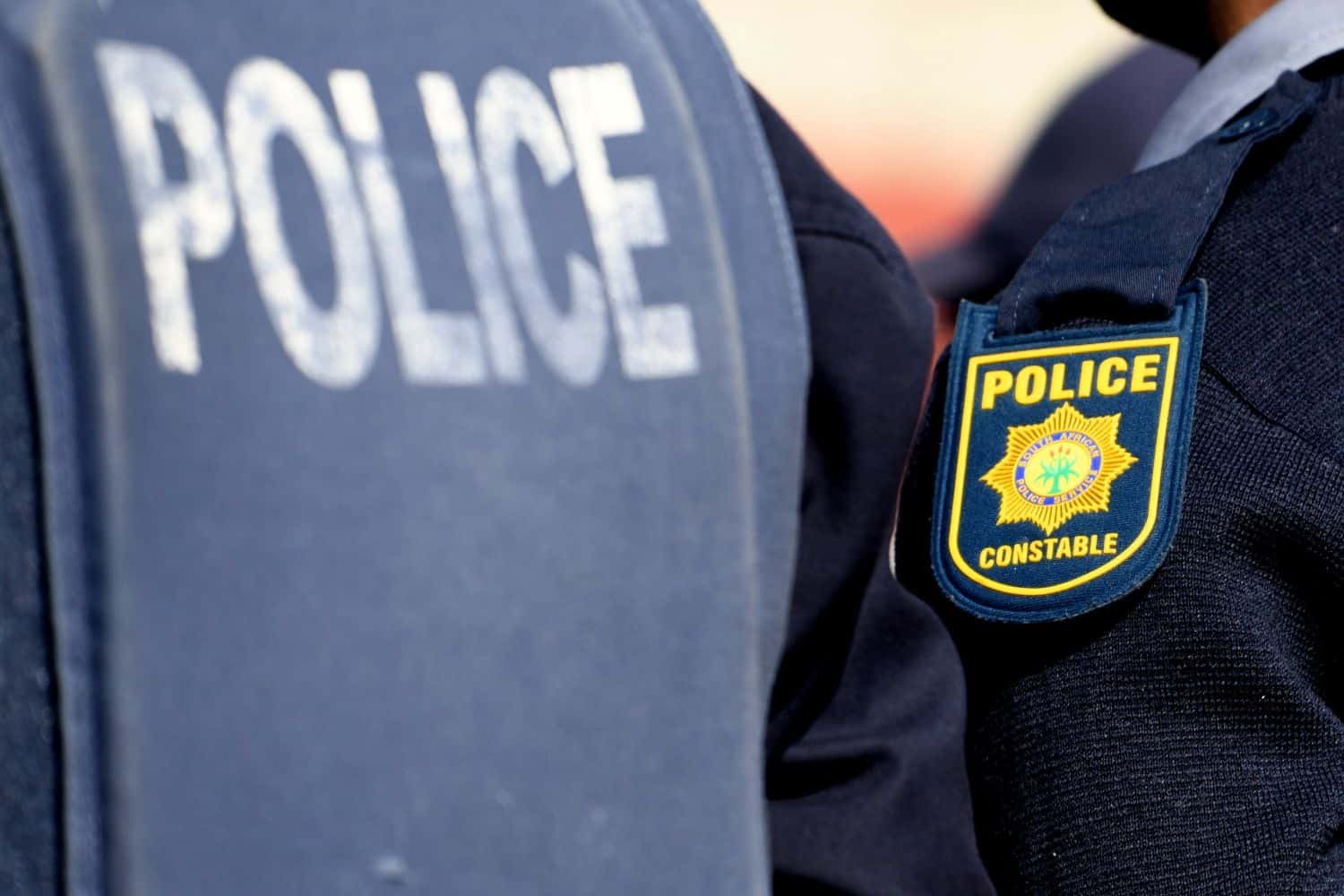
However, the supposed intruder turned out to be my sister, Justina. She had decided to search the safe after hearing about my inheritance earlier that day. Without knowing her intentions, both my mother and the neighbor were understandably alarmed.
When the police arrived, the situation escalated. Justina, caught off guard and feeling guilty, tried to flee the scene in a panic. Ironically, as she attempted to escape, she collided with the safe, causing it to tip over and trap her underneath. This accident led to her being rushed to the hospital with complaints of leg pain, leaving us all in disbelief over her reckless actions.
After the chaos, my mother and I found ourselves apologizing to the responding officers for the misunderstanding. I also felt the need to inform Justina’s husband about the incident, only to learn from him that Justina had been hiding a significant amount of debt due to her extravagant spending on luxury items.
Their recent argument had ended with her storming out, determined to borrow money from our mom to settle her financial troubles. What we didn’t know was that she had already used up her inheritance in an attempt to pay off her debt. Justina’s husband, already stressed from discovering her financial mismanagement, declared his intention to divorce her after hearing about her latest escapade.
This revelation explained Justina’s desperate actions that night, which led to a tense scene at the hospital. There, her husband brought up the subject of divorce. The entire ordeal turned into a dramatic clash, highlighting the serious consequences of Justina’s actions and the turmoil they caused in our family.
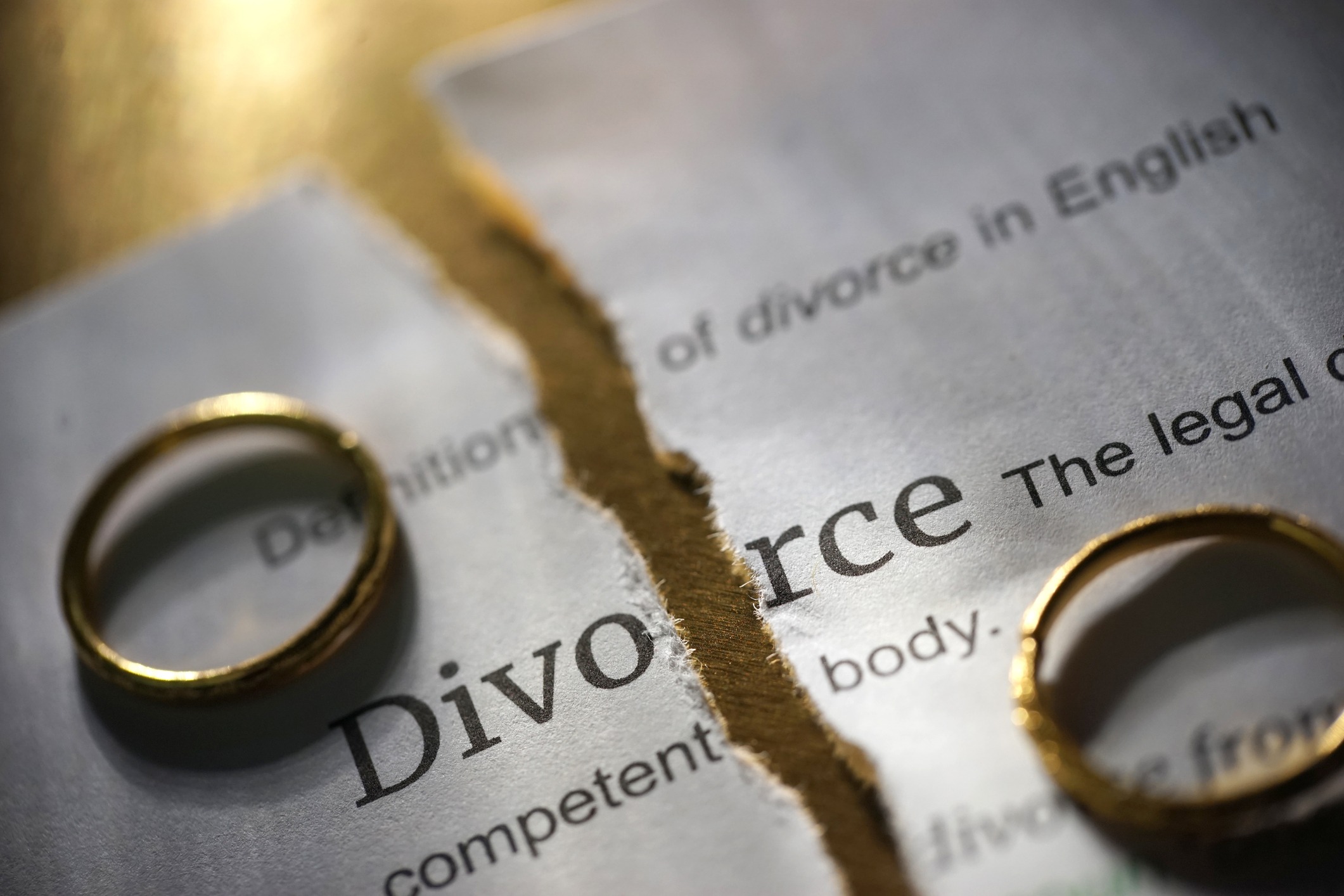
Justina was adamant, insisting, “I’m not getting a divorce, absolutely not!” But the reality of her situation became clear when her husband presented the divorce papers. Faced with undeniable evidence of their broken relationship, she had no choice but to sign them.
Now confined to her hospital bed, with a mix of shock and resignation, she was flipping through a part-time job magazine, clearly thinking about how to tackle her debt with new employment. While this turn of events was unfortunate, it offered a small glimmer of hope that she might finally take responsibility for her actions.
After everything that happened, I made an important decision: to move back to my childhood home. The chaos had definitely made me worried about my mother’s well-being, but there was also a happier reason behind my choice—I found out I’m expecting!
After a lot of discussion, my husband and I agreed that moving back would be the best decision. This way, we can have my mother’s support as our family grows. Even though I regret that my father couldn’t be part of this joyful news, I find comfort in believing he would have shared in our happiness.
As I step into this new chapter, the excitement of welcoming a healthy child fills me with peace and hope for the future, despite the recent family troubles.
This story draws inspiration from real-life events and individuals, but it has been adapted and fictionalized for creative expression. Names, characters, and specific details have been altered to protect individuals’ privacy and to enhance the storyline. Any similarity to real persons, living or deceased, or actual events is coincidental and unintentional.

